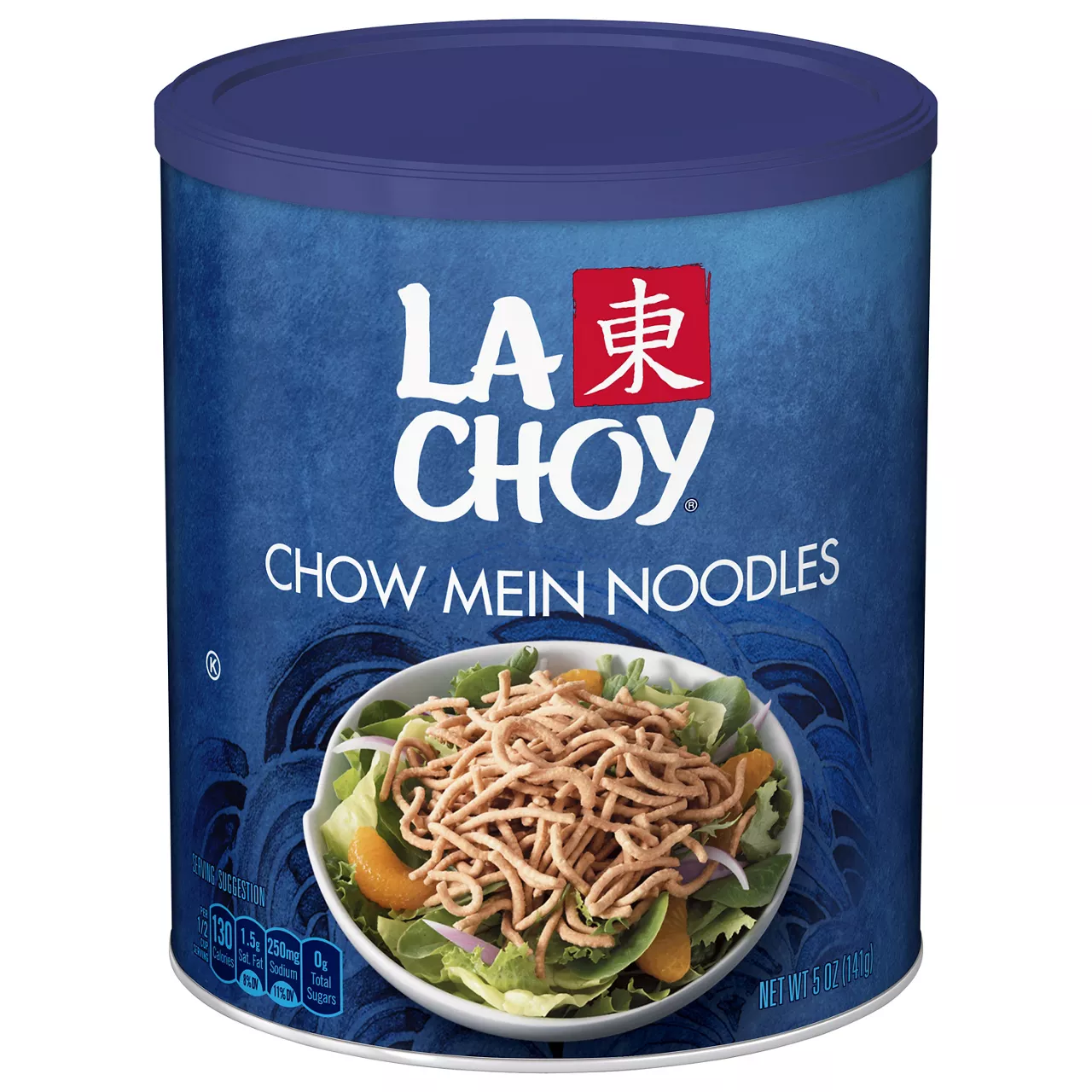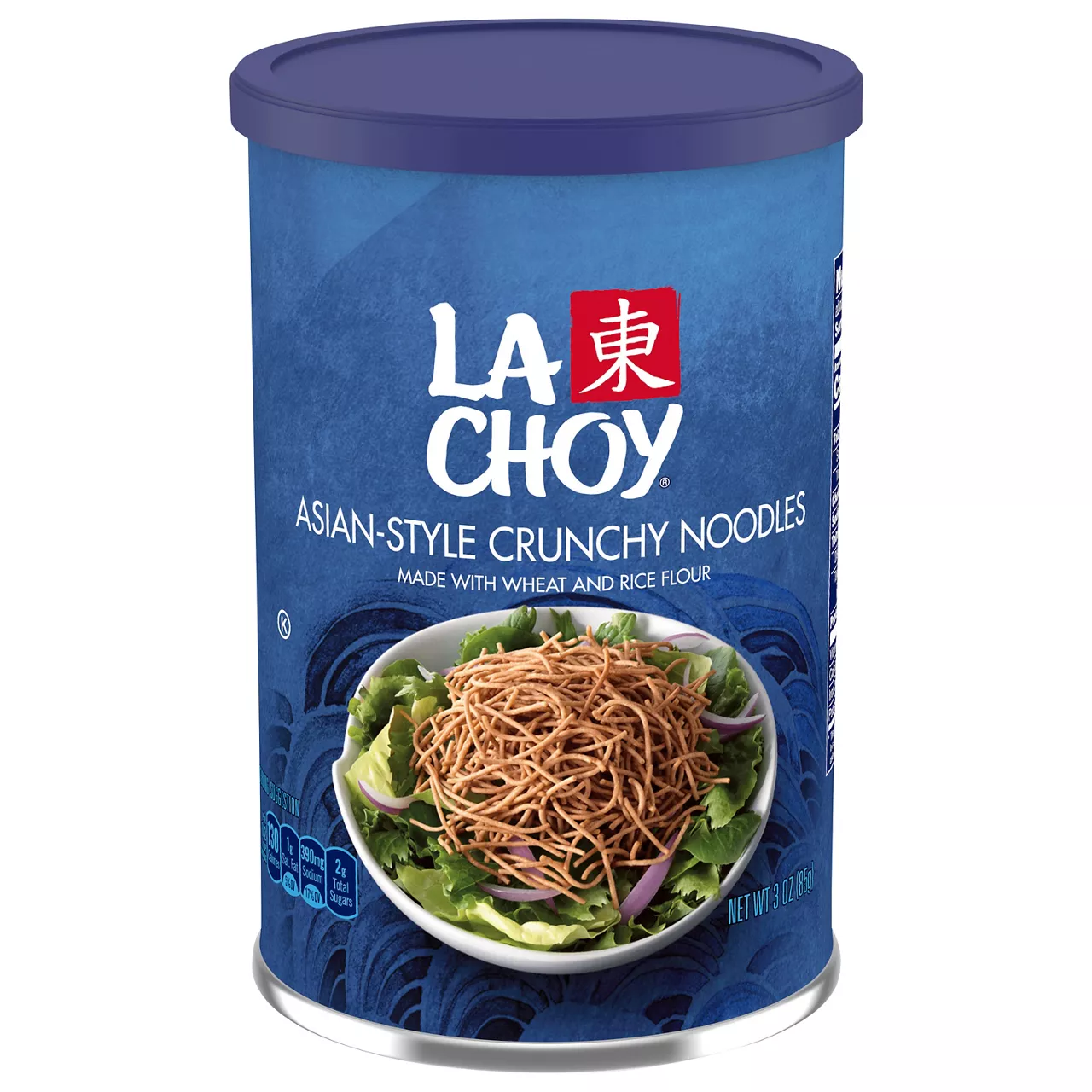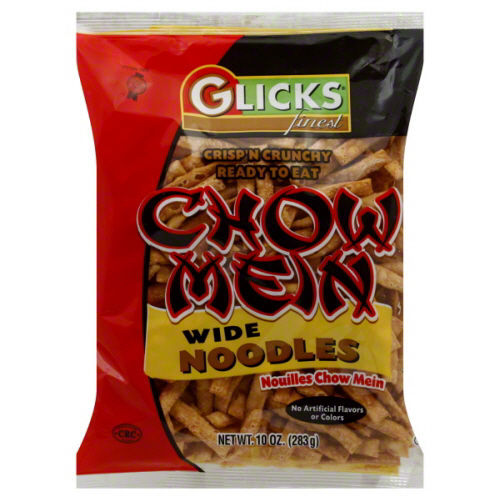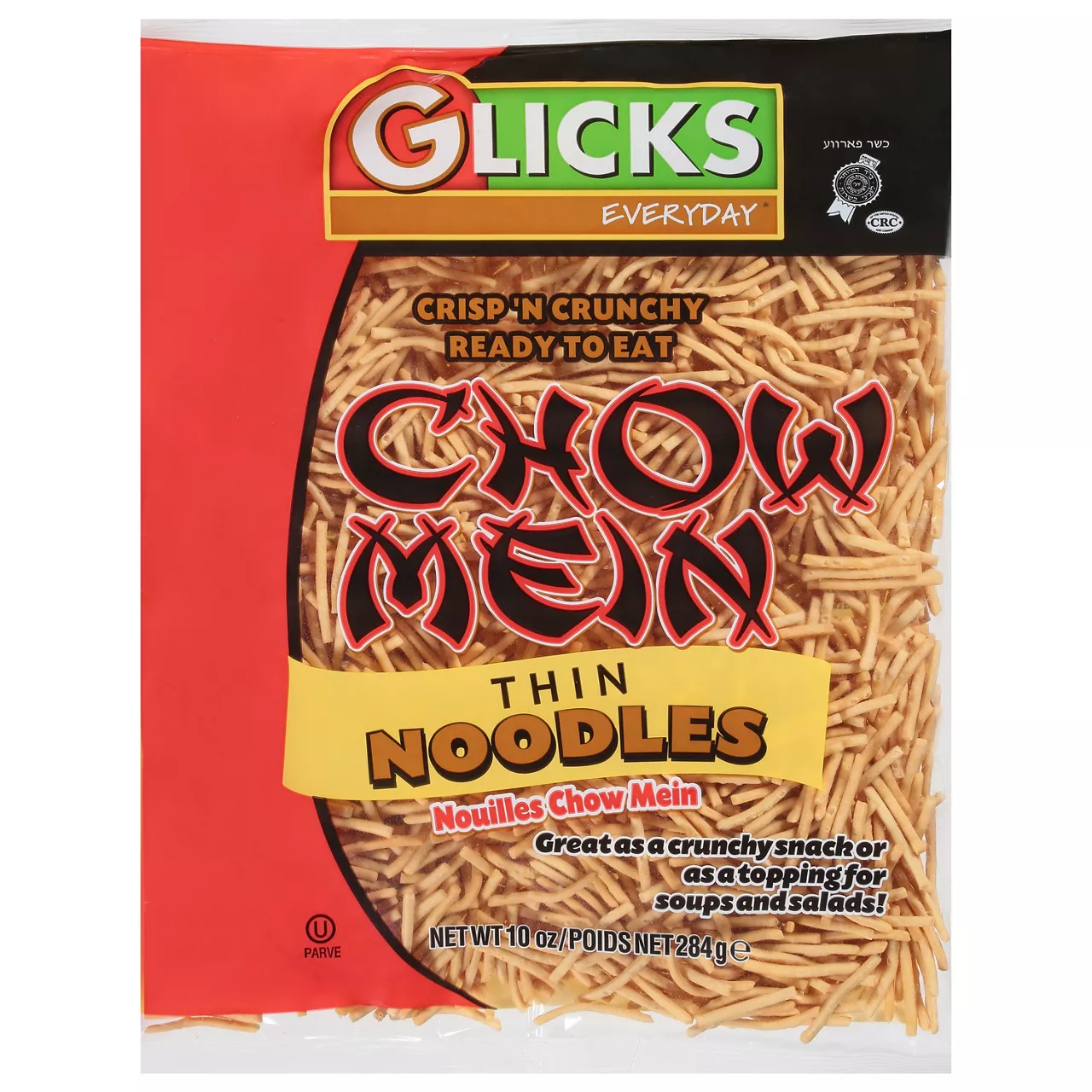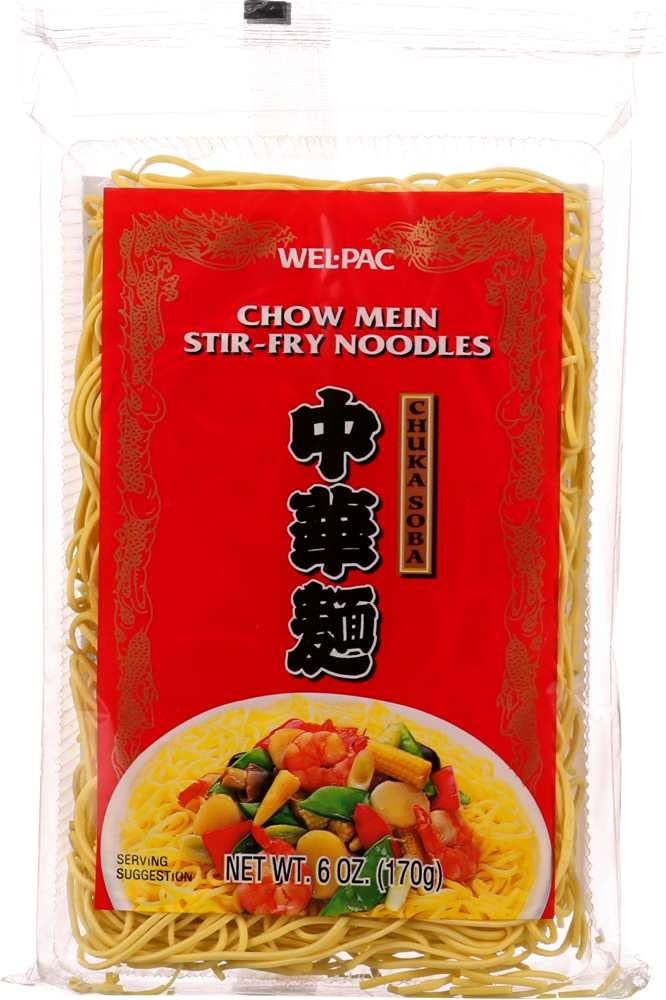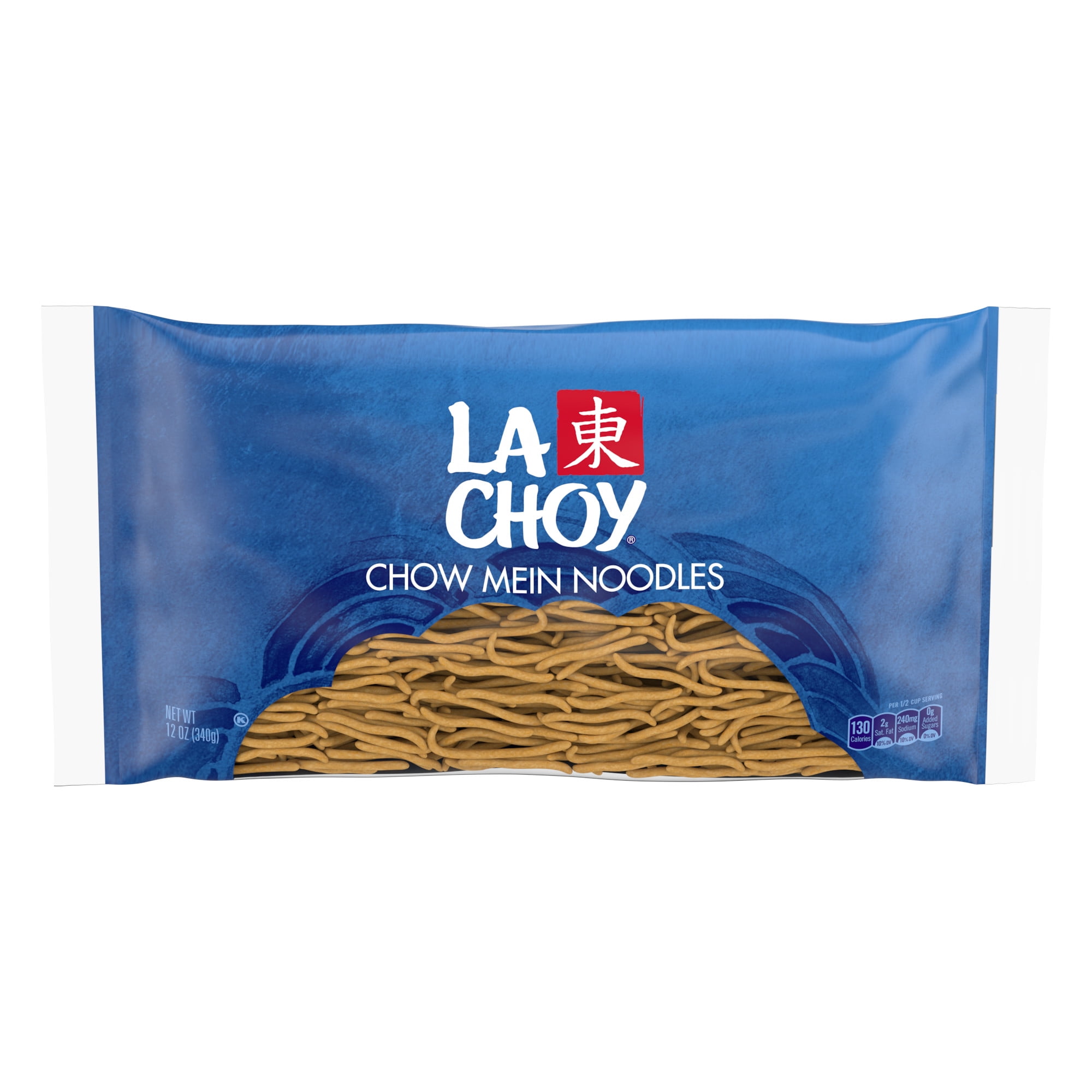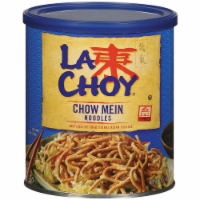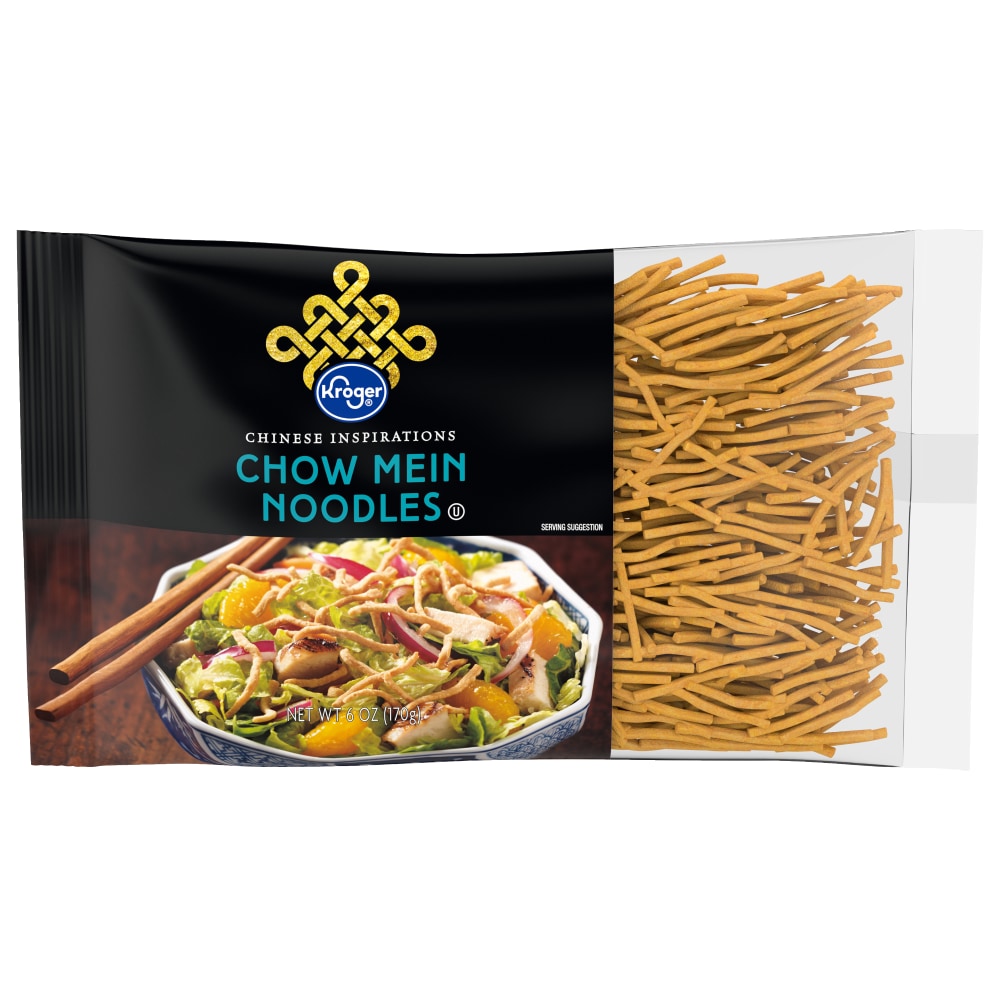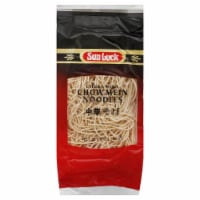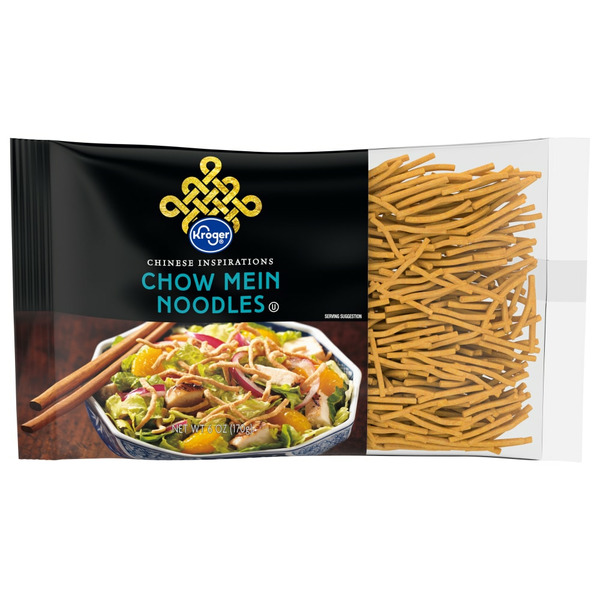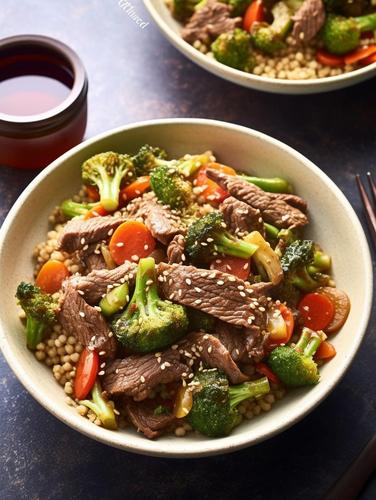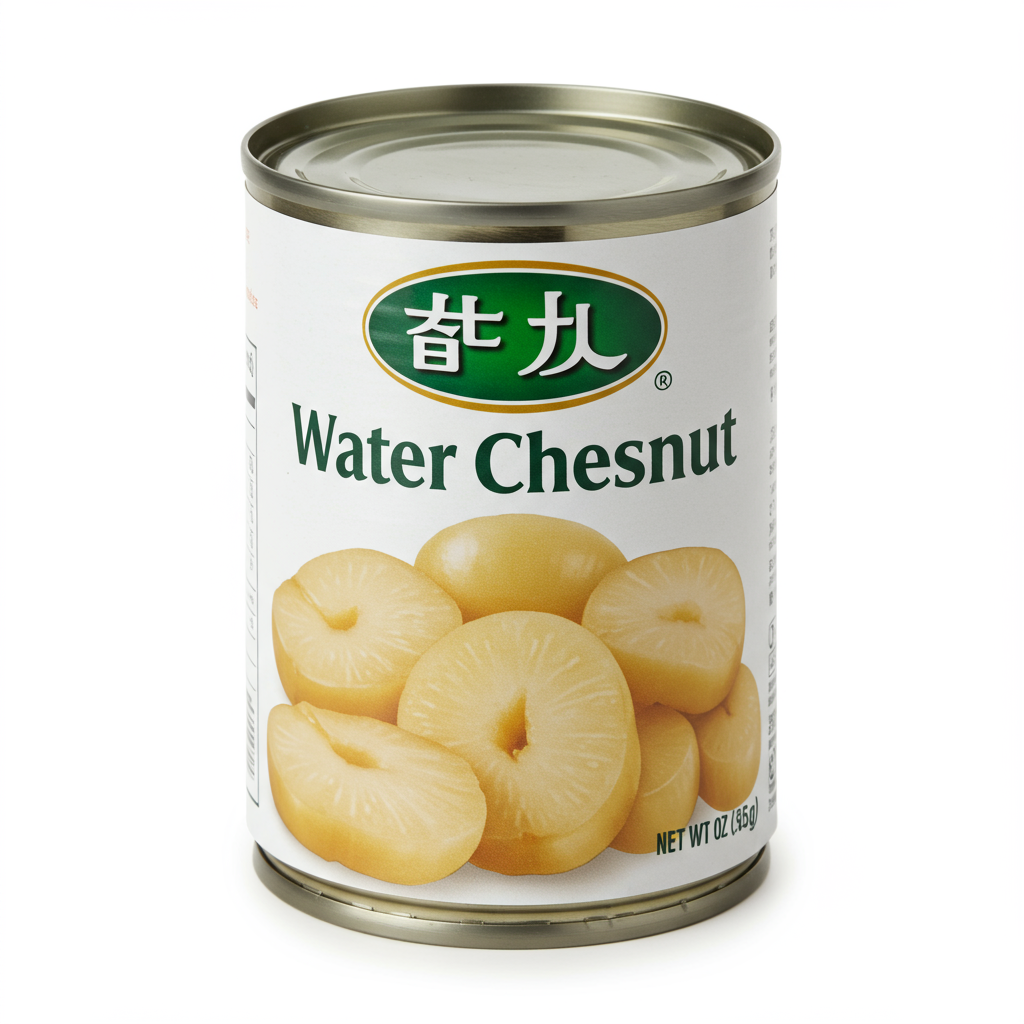MAIN DISHES
SIDE DISHES
APPETIZERS
Chow Mein Noodle
Crunchy Chow Mein Noodles are a delightful and versatile culinary delight that adds a satisfying crunch to a variety of dishes. These thin, crispy noodles are typically made from wheat flour, water, and sometimes egg, creating a unique texture that is both light and crispy. With their golden-brown color and delicate strands, crunchy chow mein noodles are a visually appealing addition to any meal.
These noodles are often used in Asian cuisine, particularly in Chinese and Japanese dishes. Their versatility makes them an excellent choice for both stir-fries and salads, as they can be used to enhance the texture and flavor of various recipes. The process of frying or baking the noodles gives them their distinctive crispiness, providing a delightful contrast to the other ingredients in a dish.
66%
CARBS
22%
FAT
11%
PROTEIN
300 Chow Mein Noodle Products
La Choy Chow Mein Noodles
La Choy Noodles, Crunchy, Asian-Style
Crisp 'N Crunchy Chow Mein Wide Noodles
Glicks Everyday Noodles, Thin, Chow Mein
Wel-Pac Chow Mein Stir-Fry Noodles
La Choy Chow Mein Noodles
La Choy Chow Mein Noodles
Kroger Chinese Inspirations Chow Mein Noodles
Sun Luck Chuka Soba Chow Mein Noodles
Kroger Chow Mein Noodles
Used In 19 Recipes
3
Delightful Vegetarian Chow Mein
Quick and Flavorful Chicken Chow Mein with Zucchini Noodles
2
Savory Pork & Veggie Noodle Stir-Fry
3
One-Pot Savory Beef and Broccoli Noodle Stir Fry
Stir-Fry Delight: Chicken & Veggie Chow Mein
5
Harmony Noodle Soup
1
Broccoli-Chow Mein Hearty Soup
3
Classic Chicken Chow Mein
Chow Mein Noodle Is Frequently Used With
Chow Mein Noodle FAQ
Cooking with chow mein noodles can bring delicious versatility to your meals, but there are a few common mistakes. First off, some people overcook the noodles making them too soft or mushy. They should be boiled just until they’re soft, then immediately tossed into the stir-fry for final cooking. Overcooking can also occur during the stir-frying process if the noodles are not tossed frequently. Another common issue is seasoning - some people under-season the noodles during the stir-fry process, missing out on flavored noodles which add taste to the overall dish.
Getting the most out of chow mein noodles involves understanding their texture and taste. For a crispy texture, you could lightly fry the noodles before adding them to the dish. If you prefer softer noodles, add the noodles towards the end of the stir-frying process. Do experiment with different sauces - soy sauce, oyster sauce, hoisin sauce, or a simple garlic sauce. Also, adding vegetables and protein can enhance the taste greatly.
Can I make chow mein noodles crispy?
Can I freeze my leftover chow mein noodles?
Are chow mein noodles healthy?
Why are my chow mein noodles sticky?
How long should I stir fry chow mein noodles?
Can I use different noodles for chow mein?
Do I cook chow mein noodles before stir-frying?
What can I add to my chow mein noodles?
Can I boil chow mein noodles?
Can chow mein noodles be eaten raw?
Expiration & Storage Tips
When does chow mein noodle expire?
For unopened packages of dry chow mein noodles, they can usually be stored in the pantry safely for about a year beyond the best-before date that's printed on the package. Once opened, dry noodles should be stored in an airtight container and are best used within 2 months for optimum freshness. If you have refrigerated fresh chow mein noodles, use them by the date indicated on the package, usually within a week. Frozen chow mein noodles should always be used by the date indicated on the package, but can often last up to a year in the freezer without significant loss of quality.
How do you tell if chow mein noodle is bad?
To tell if chow mein noodles have gone bad, look first for any visible signs of spoilage such as mold or an off smell. For dry noodles, if they have become discolored or dull in appearance, they are likely past their prime. Additionally, if they have a stale smell or taste, they've likely gone bad. For fresh or cooked noodles, if they have an unusual odor or slimy texture, throw them out immediately as these are clear signs of bacterial growth.
Tips for storing chow mein noodle to extend shelf life
• Store unopened packages of dry noodles in a cool, dry place like your pantry. Make sure it's not near heat, direct sunlight or humidity.
• Once opened, be sure to seal dry noodles in an airtight container to keep them fresh. If possible, use a vacuum sealing system or squeeze out as much air from the bag as possible before sealing.
• For fresh or cooked noodles, refrigerate them in a tightly sealed container immediately after use to maintain freshness.
• Freezing cooked noodles can extend their life by several months. Pack them in freezer-safe bags or containers, squeezing out as much air as possible to prevent freezer burn.
• If freezing, let the noodles defrost in the refrigerator before using them again. This will prevent sudden temperature changes that could affect their texture and taste.
EXPIRES WITHIN
19 - 29
MONTHS
Substitutes
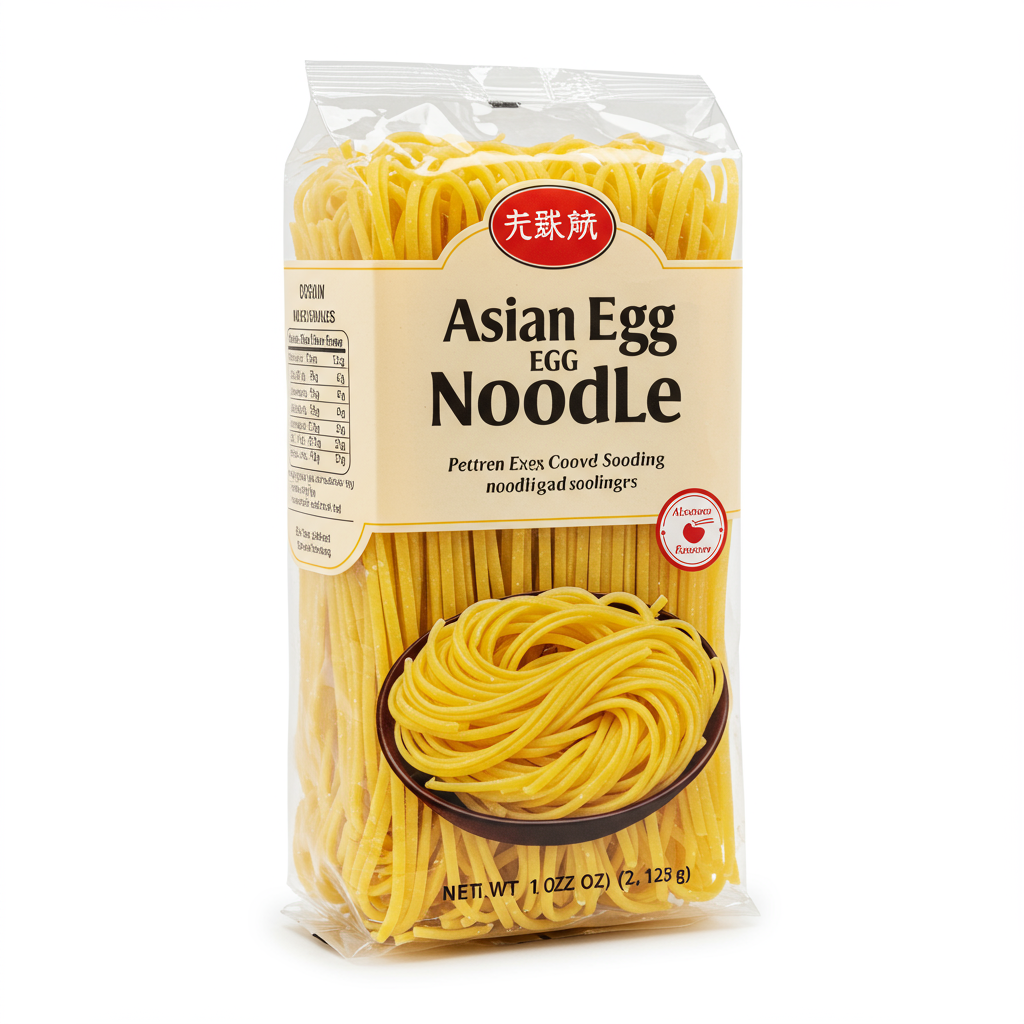
Asian Egg Noodle
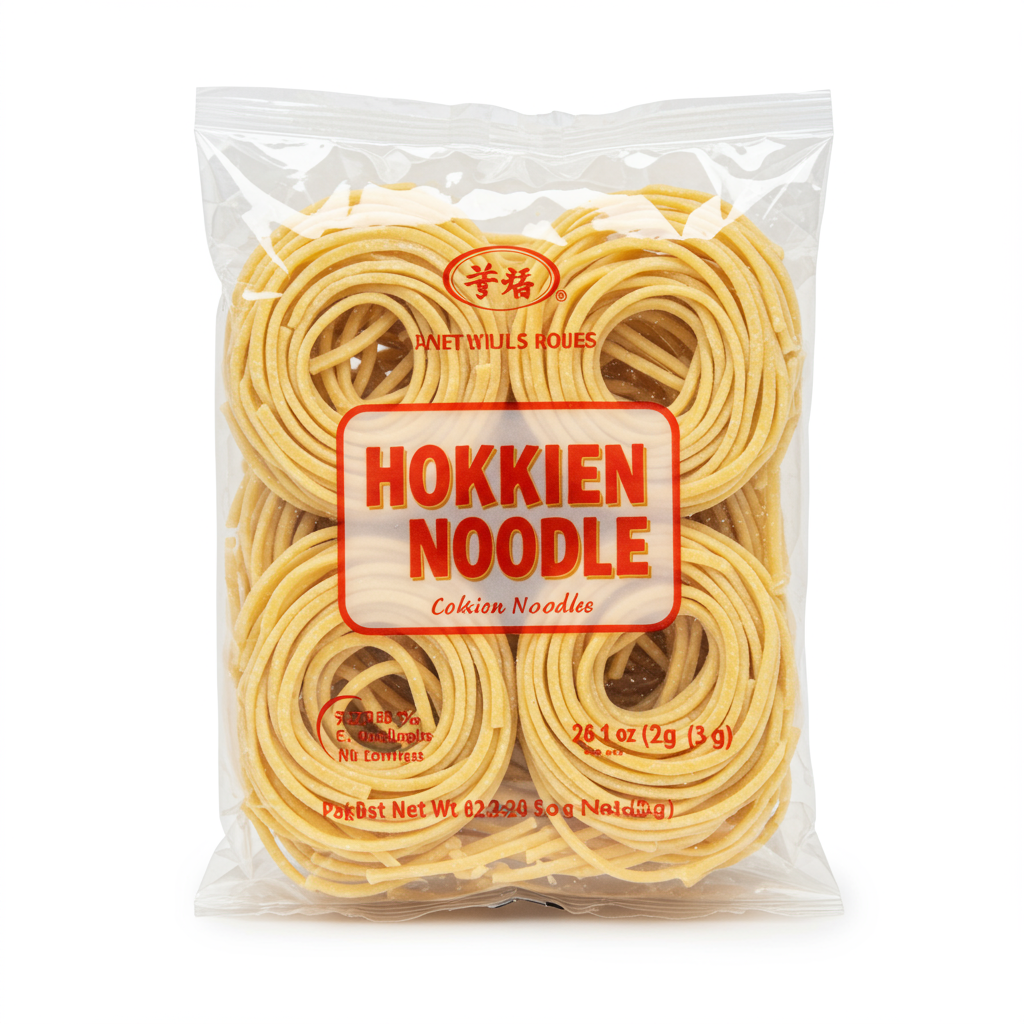
Hokkien Noodle
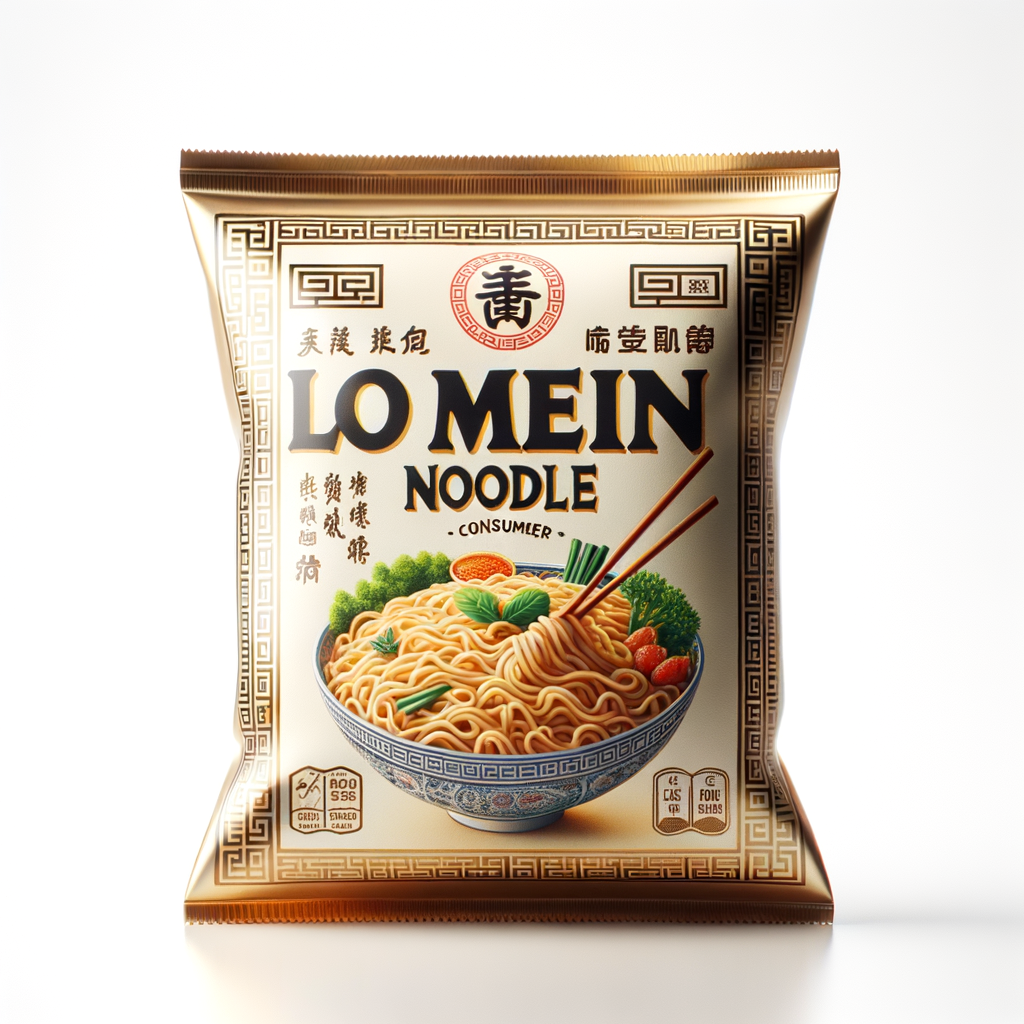
Lo Mein Noodle

Ramen Noodle
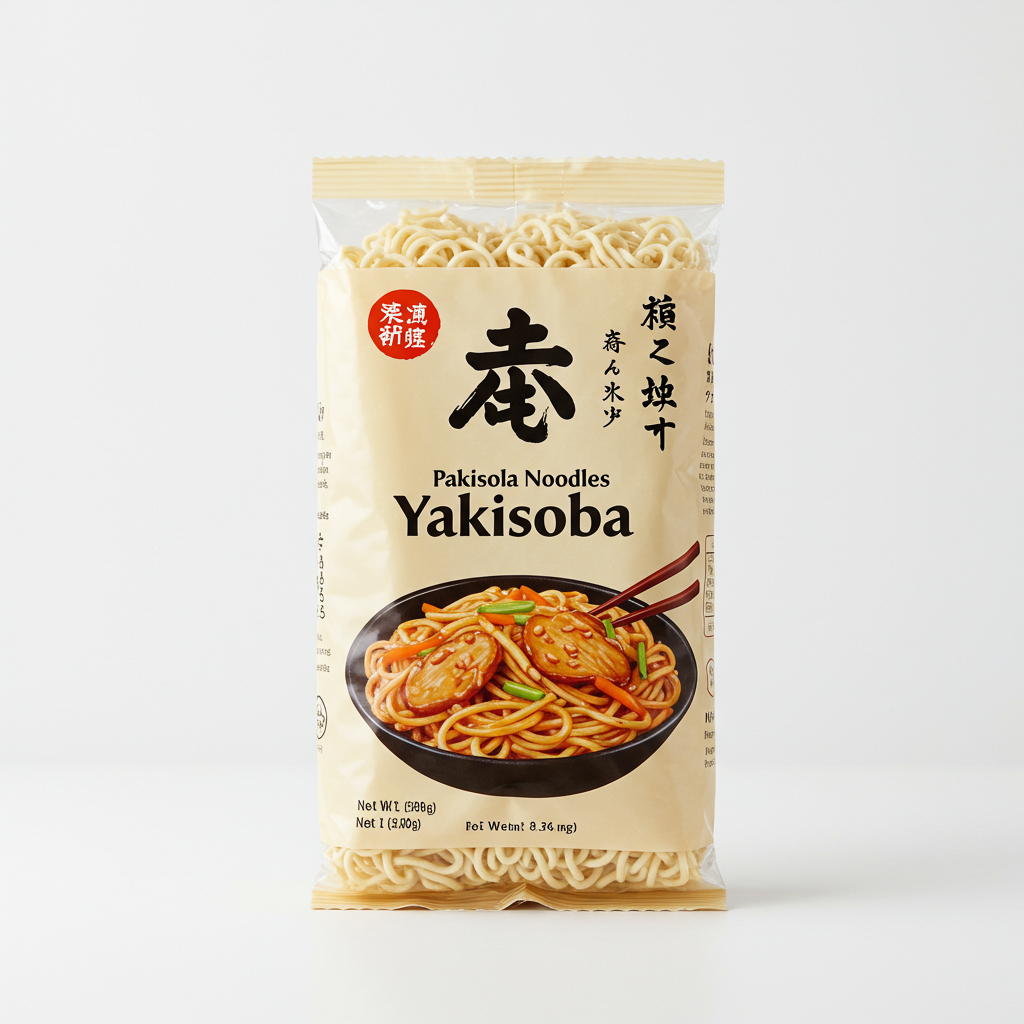
Yakisoba Noodle
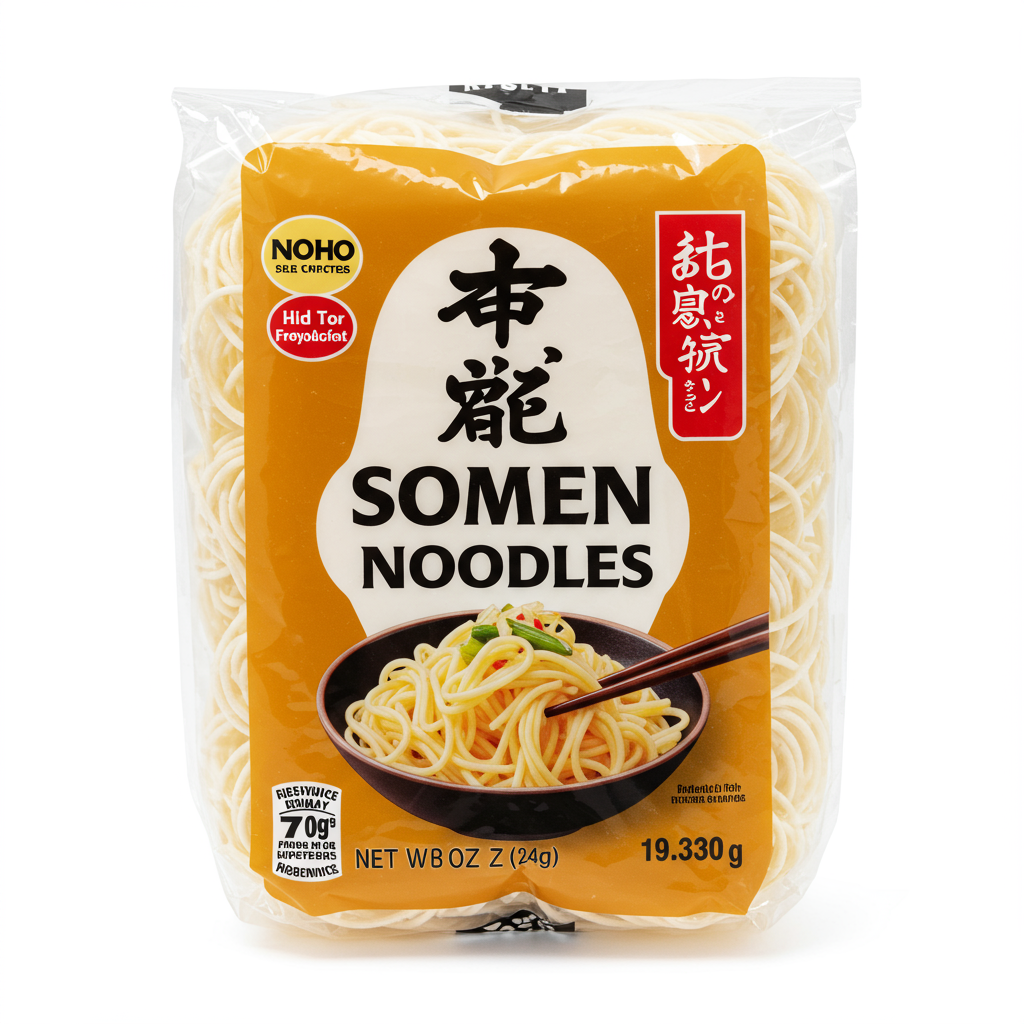
Somen Noodles

Glass Noodle

Green Tea Soba Noodle
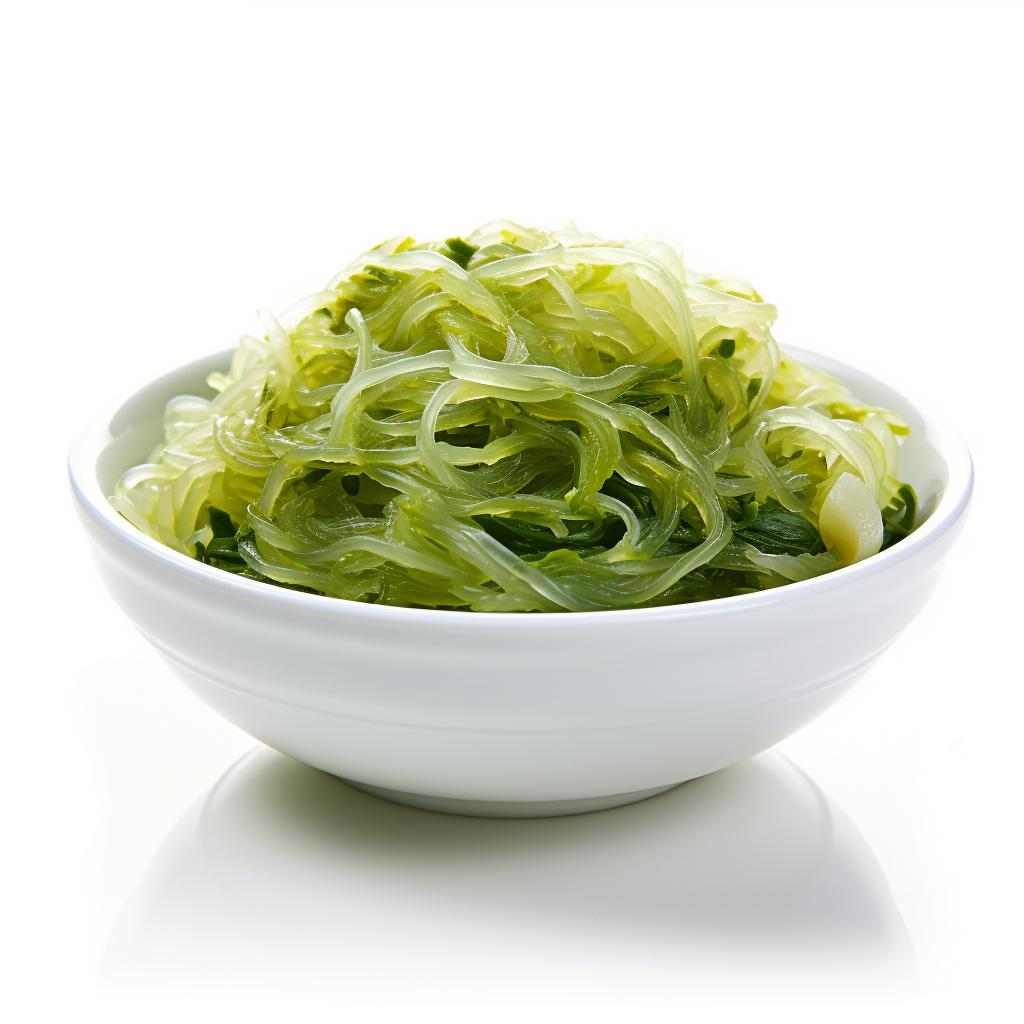
Kelp Noodle
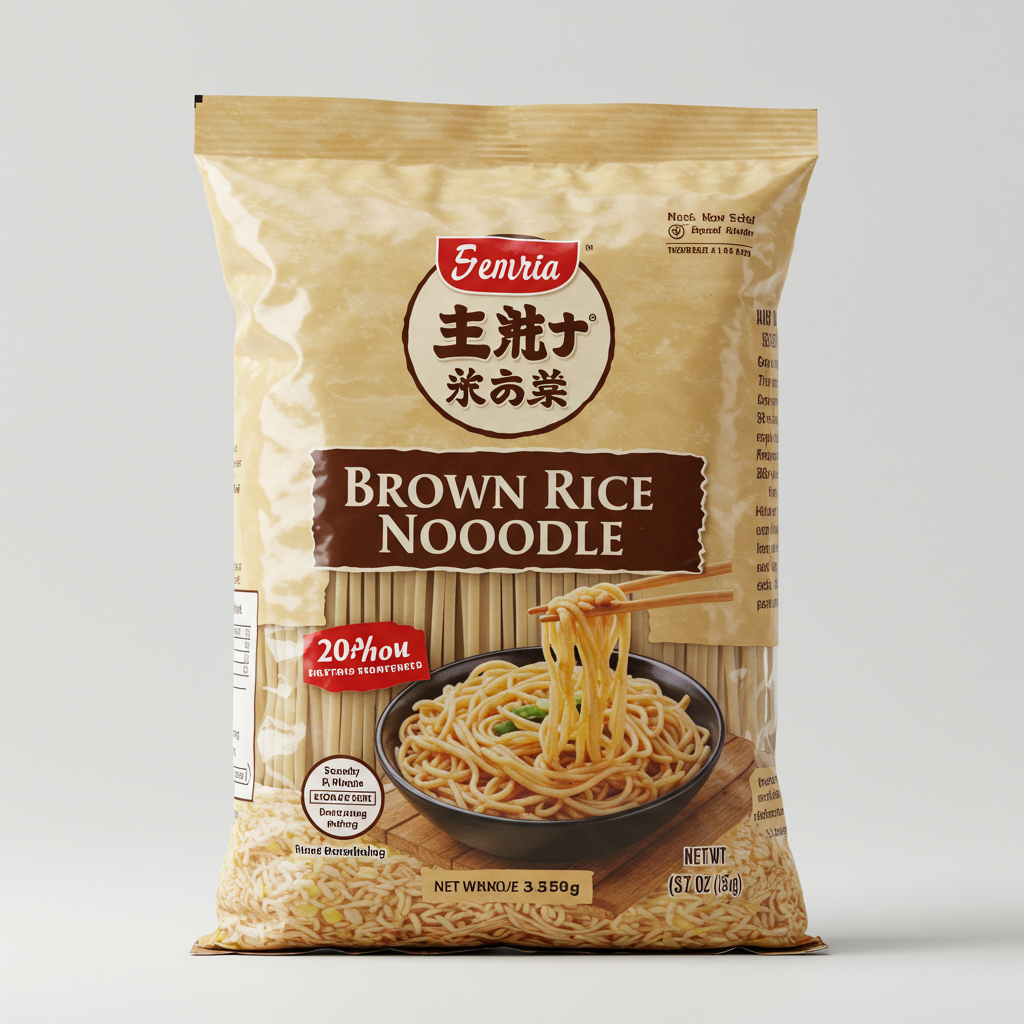
Brown Rice Noodle
See All
Health Info
Macros
101g
CARBS
33g
FAT
17g
PROTEIN
Allowed on these diets
LOW FAT
HIGH CALCIUM
VEGETARIAN
VEGAN
LACTOSE FREE
Contains these allergens
WHEAT

